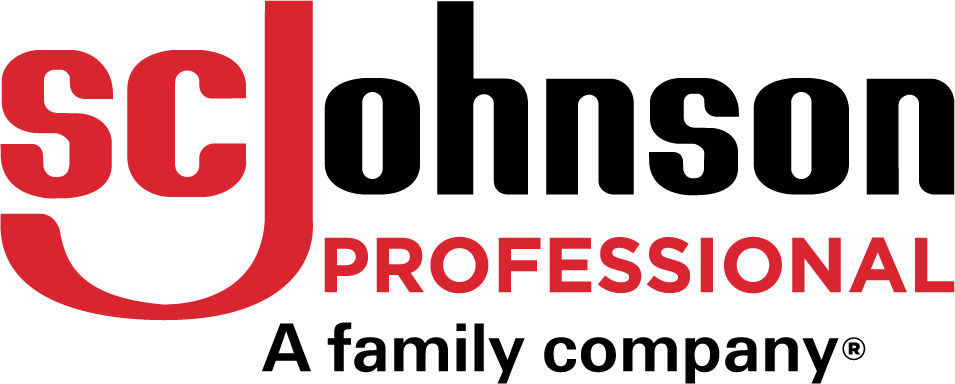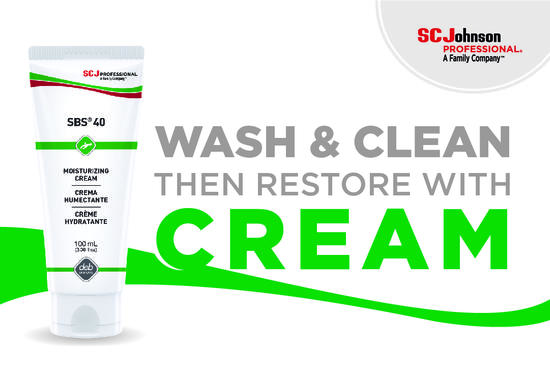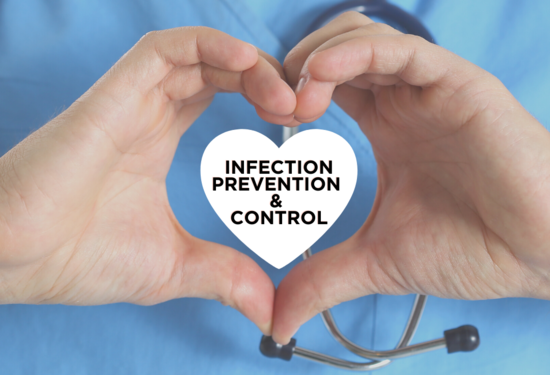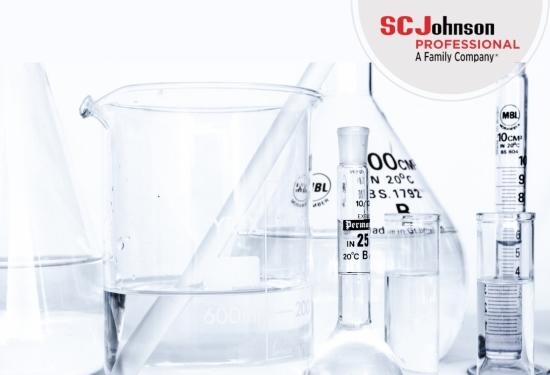Avoiding ICD in Healthcare Settings
Avoiding ICD in Healthcare Settings
By SC Johnson Professional, Healthcare
Practicing thorough and proper hand hygiene has always been important, but the pandemic reinforced this, particularly in healthcare settings. With healthcare-acquired infections (HAIs) presenting as a huge threat to patient and employee safety, hand hygiene in healthcare environments is even more critical.
Healthcare workers are expected to closely follow hand hygiene protocol to support infection prevention and control measures. In fact, some healthcare providers may clean their hands as many as 100 times a day, depending on the number of patients and intensity of care.[1] Although we’ve made progress in the fight against COVID-19 with vaccine development, hand hygiene and its importance will remain beyond the pandemic
Frequent handwashing can cause a variety of skin reactions. These skin reactions include symptoms of dryness, irritation, itching, and even cracking and bleeding and are referred to as irritant contact dermatitis (ICD) according to the Centers for Disease Control and Prevention (CDC).
What is Irritant Contact Dermatitis?
Contact dermatitis is a red itchy rash caused by direct contact with a substance or an allergic reaction to it.[2] ICD is when the skin comes into repeated contact with substances such as soaps and other detergents that cause skin injuries and is the most common type of contact dermatitis. Although the condition is caused by many factors, healthcare workers can be more susceptible to the development of ICD. In extreme cases, ICD can lead to a serious infection if the affected area is repeatedly scratched. The open skin becomes wet and oozing, which creates an environment for bacteria and fungi to grow.[3] Extreme ICD cases can result in needing time off of work to allow the skin to heal, which could impact the organization by affecting unit staffing levels and patient safety.
Emerging evidence show adverse effects on skin integrity due to these practices. A 2020 study completed in Ireland shows that out of the 270 participants surveyed, 223 (82.6%) reported symptoms of dermatitis, with hands being the most affected site and the most frequently reported symptom being dry skin.[4] Similarly, another study from 2015 in the United Kingdom found a total of 69 healthcare workers were diagnosed with hand dermatitis, with ICD being the main diagnosis and handwashing being the common cause of symptoms. [5]
So how does one who practices frequent hand hygiene keep their skin from becoming irritated?
Wash Correctly
The CDC recommends washing with warm water and soap for at least 20 seconds. The World Health Organization (WHO) recommends that all healthcare professionals perform hand hygiene before touching patients and before executing a clean or aseptic procedure. This is especially important for nurses, who generally operate on the frontlines in healthcare facilities. The WHO also recommends handwashing after touching a patient, a patient’s surroundings, and after exposure to a patient’s bodily fluids.
After encountering one of these contact points, healthcare workers should use the “handrub” method if hands are not visibly soiled, and the full “handwash” method if hands are visibly dirty. Wet hands, apply soap and rub hands palm-to-palm with fingers interlaced before drying hands completely. If possible, use a towel to turn off the faucet. The entire process should take 40 – 60 seconds.
Product Ingredients are Key
Selecting the right product formulation to fit your healthcare facility needs is critical. SC Johnson Professional offers a variety of hand hygiene products that have been mildly formulated and contain moisturizers to help prevent drying. SC Johnson Professional’s Kindest Kare® PURE Foaming Handwash, is a perfume-free and dye-free gentle foaming handwash that is dermatologist tested to verify and confirm this product has very low allergenic potential and is designed for sensitive skin. Made for healthcare settings that require high frequency use, it’s specially formulated with moisturizers to help prevent drying and leave the skin feeling smooth after use.
Use Moisturizer
While handwashes, scrubs and sanitizer containing skin conditioners that are designed to moisturize while cleansing can help avoid ICD, always remember to moisturize. Moisturizing after frequent hand washing is necessary in healthcare settings. Lotions with enriched skin conditioning formulas, like the SC Johnson Professional Stokolan Light Pure, helps keep skin strong and healthy by avoiding dryness. These products are compatible with SC Johnson Professional Dispensers for easy customer and employee access.
As hand hygiene remains a critical step in helping to prevent the spread of infectious diseases like COVID-19, facilities must provide proper education and products to combat the increased risk of skin issues such as ICD. Offering soaps and creams that are mildly formulated with skin conditioners can help keep employees’, patients’ and customers’ hands as healthy as possible.
For more information on SC Johnson Professional Healthcare products, visit www.scjp.com/en-us/healthcare.com.
Return To News
[1] https://www.cdc.gov/patientsafety/features/clean-hands-count.html?CDC_AA_refVal=https%3A%2F%2Fwww.cdc.gov%2Ffeatures%2Fhandhygiene%2Findex.html
[4] Kiely, L F et al. “Irritant contact dermatitis in healthcare workers as a result of the COVID-19 pandemic: a cross-sectional study.” Clinical and experimental dermatology, 10.1111/ced.14397. 23 Jul. 2020, doi:10.1111/ced.14397
[5] Malik M, English J. Irritant hand dermatitis in health care workers. Occup Med (Lond). 2015 Aug;65(6):474-6. doi: 10.1093/occmed/kqv067. Epub 2015 Jun 12. PMID: 26070815.



